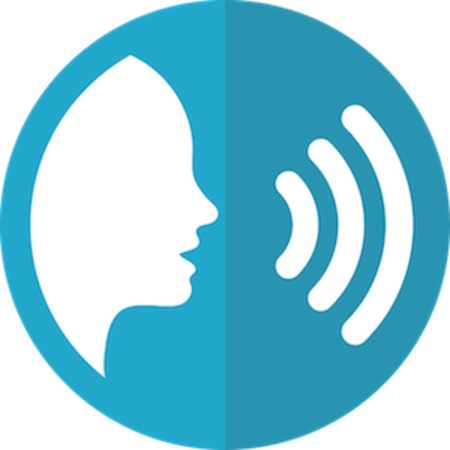Voice assistants are used for a variety of reasons, from helping users do simple web search to keeping track of business meetings (similar to an office assistant or secretary). The technology is also being used to help with some tasks related to healthcare. Some large hospitals, for example, have "chatbots" that patients can communicate with to schedule visits to their doctors and for tracking patients' adherence to medication.
You might also like: Chatbots - what the future holds
New research published in Nature Digital Medicine, however, points to some problems related to the application of voice tech in healthcare. Study authors say more R&D is needed to ensure voice assistants understand what people are saying to them, especially when it comes to important matters like their health.
Klick Health's study examined the level of comprehension of these three platforms: Google Assistant, Amazon’s Alexa and Apple’s Siri. Voice recordings of 46 participants (12 of whom had a foreign accent in English) were played back to the three voice assistants for the brand and generic names of the top 50 most dispensed medications in the United States.
Significant findings of the study include:
· Google scored an accuracy rate of nearly 92% in recognising brand name medications, much higher than Siri's 58% and Alexa's 54.6%.
· As for generic names, Google also topped its rivals with 84% recognition rate, compared with 51% for Siri and 45 percent for Alexa.
· The three platforms showed an overall strong understanding of over-the-counter pain relievers Aspirin and Tylenol (90% or higher accuracy rates), although researchers found Alexa was significantly weaker recognising Advil (only 2% accuracy) and the generic Ibuprofen (4%).
In addition, Siri and Alexa came in with lower overall comprehension rates for study participants with audible, foreign accents, the researchers noted, adding that Google Assistant seemed to be unaffected by accents. Given the multicultural makeup in North America, this important finding suggests that "many people are likely to have trouble obtaining accurate medical information from voice assistants if they choose to use them for gathering health-related data,” said Adam Palanica, behavioural scientist at Klick and co-author of the study.
The research also indicated companies developing digital voice assistants need more R&D to enhance their AI abilities for recognising this type of speech, according to study co-author Yan Fossat, vice president of Klick Labs, who noted that these devices have primarily been developed for non-medical related uses.
“If a voice assistant gives you irrelevant or potentially dangerous information related to a drug name that you just asked about, the consequences could be serious, maybe even fatal,” Fossat explained.
Source: Healthcare IT News
Image credit: Pixabay



























